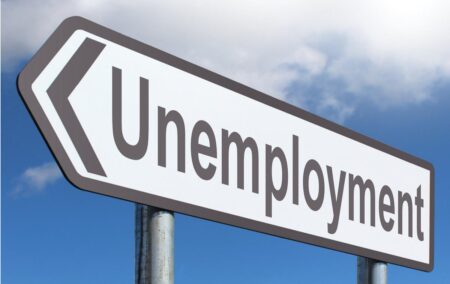Last Sunday I went to a concert at the Endler auditorium in Stellenbosch. It was a splendid performance of Brahms’ Requiem and it marked the end of the annual Woordfees arts festival held in March every year.
There is something magical about discovering a new musical masterpiece in your sixties and, although I am very familiar with the Brahms symphonies and some of his other works, I had never so much as heard a recording of his requiem previously. So I emerged from the Endler on a cloud of elation and went straight home to seek out other recordings. There is a particularly good one conducted by Claudio Abbado on YouTube. That evening, the world changed dramatically as large gatherings were banned and the Sunday performance of the Brahms’ Requiem would not have been possible the following day. The number in the choir alone would have pushed the boundary for the maximum of 100 people in a gathering. Woordfees got past the finishing post just in time.
The Franschhoek Literary Festival held in May hasn’t been as fortunate and has already been cancelled. This is very sad since months of work go into preparing the programme for the festival and inviting overseas authors to speak. It’s also a blow to the town of Franschhoek, which relies on several events throughout the year to boost the local hospitality industry’s coffers. The four-day Literary Festival brought in welcome revenue outside the traditional tourist season and many guesthouses and restaurants will be counting the cost this year. For the next few months, and maybe longer, all sorts of events that we have come to look forward to every year will be cancelled, as will farmers’ markets, craft markets and sports facilities like golf clubs.
It’s impossible to even guess at the number of jobs that will be lost as a result and how many small businesses will be affected.
Theatres are closed, sports events are cancelled and last week the order went out that bars, clubs and licensed restaurants must also stop serving alcohol at 18h00 and can only open the next morning at 09h00.
As I had a restaurant reservation to celebrate a birthday the day after this was announced, I thought I should phone the restaurant to check what was happening. They assured me that they would be open as usual but would not be serving alcohol after 18h00. Their usual six-course wine-pairing menu would now be a six-course meal paired with non-alcoholic creations such as freshly pressed apple juice, blackcurrant tea and honey-and-lemon peel iced tea. All these were served in wine glasses and all went surprisingly well with the food. To my surprise, the lack of alcohol didn’t detract at all from my enjoyment of the meal and I had the added benefit of a clear head the morning after.
Sitting down with the owner of the restaurant before my early dinner (I arrived for a glass of champagne on the terrace before the 18h00 curfew), it became apparent that the well-intentioned new laws governing Covid-19 had been hastily drafted and were vague at best. For example, did the new ruling mean that licensed restaurants could open but not serve alcohol or was it a ban on any licensed premises opening at all after 18h00? Three firms of lawyers had been consulted for their opinions following the ruling on Wednesday evening. None were absolutely certain as to how to interpret the new law but in the end it was felt that the restaurant would not be breaking the law if it opened to serve food only and with a maximum of 50 people (including staff) present, with tables spaced at least a metre apart.
However, the 50-maximum rule poses other problems, which are unclear. The restaurant I visited has several separate indoor areas which could all easily accommodate 50 people at well-spaced tables. It can also serve food on outside terraces. Imposing a maximum of 50 people is an unreasonable burden on restaurants that can comfortably and safely cater for more.
The 18h00 liquor rule has very sensibly been introduced to discourage large crowds of people gathering in places like clubs, bars and shebeens. What it doesn’t do, though, is prevent similarly large crowds queueing at fast-food outlets in the evening. Surely that carries a similar risk to bars, admittedly without the added problem of inebriation.
Obviously, the great fear is that many jobs will be lost in the hospitality industry. Most restaurants cannot hope to survive more than a month without opening their doors for business. This means that rentals will not be paid, particularly to shopping-centre landlords, and that brings with it a whole new raft of problems. Other businesses in large shopping centres will also suffer from reduced footfall and fewer potential customers and will inevitably be unable to pay their workers or their rent.
Ultimately this will become a problem for the banking industry who provide the funds for the business and property owners in the first place. No surprise then that banking shares took a sharp knock on the JSE last week.
The views of the writer are not necessarily the views of the Daily Friend or the IRR
If you like what you have just read, subscribe to the Daily Friend

